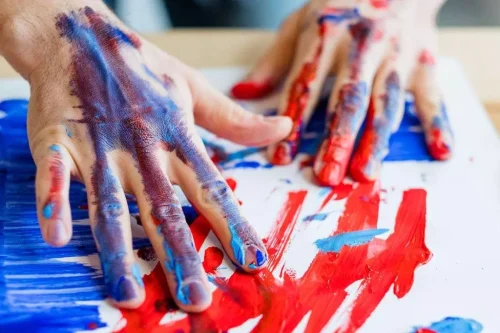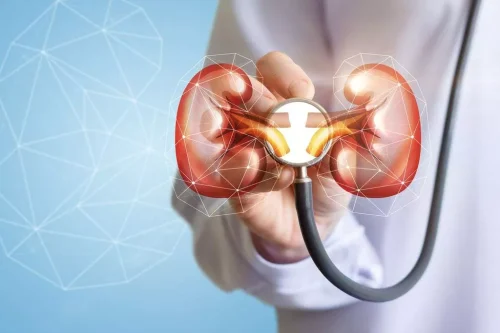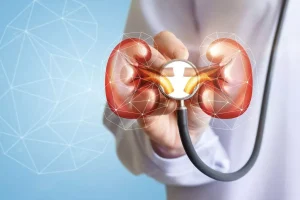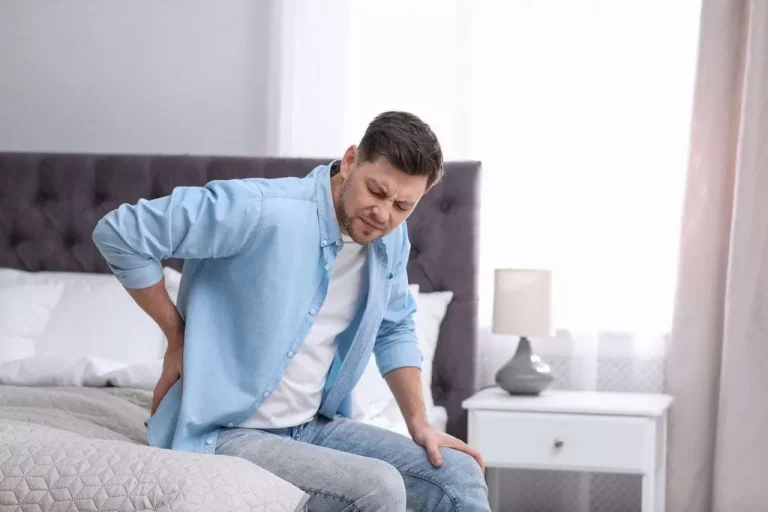
When I began taking epsom salt baths and supplementing with magnesium, I felt more relaxed within minutes and enjoyed the best sleep I’d had in years. This is a tricky process, because everyone’s biochemistry is different. Once we grasp the importance of biochemical balance, we can see why band-aid approaches to falling asleep RIGHT NOW (e.g., popping an Ambien) aren’t always best. I know this because I’m now an average person who has occasional insomnia. Fortunately, the remedies I’m about to share with you still work for me to this day. These simple yet profound practices encourage stillness, reduce nervous system activity, and prepare your body for sleep.

How does hydration help reduce snoring on a plane?
From month-long sobriety challenges to the Sober Curious movement, more and more people are taking a closer look at the role alcohol plays in their lives. Once alcohol is in the bloodstream, it can only be eliminated by the enzyme alcohol dehydrogenase, sweat, urine, and breath. Insomnia and anxiety are common symptoms, which can vary from mild to severe. https://ecosoberhouse.com/ This episode of The Verywell Mind Podcast, featuring neurologist and sleep expert Chris Winter, shares strategies for sleeping better at night.
Factors influencing sleep improvement timeline
Some individuals may want to reach out to a medical provider to assess whether or not they have a preexisting condition and seek appropriate treatment. According to the Substance Abuse and Mental Health Services Administration (SAMHSA), between 25 and 72 percent of people in care for an alcohol use disorder (AUD) have sleep issues. Insomnia, disturbed sleep cycles, sleep apnea, and other sleep-disordered breathing are examples of sleep problems.
- Regular alcohol users often experience a range of sleep issues, including difficulty falling asleep, frequent night-time awakenings, and early morning wakefulness.
- Seeking out sobriety tools can help you get through urges without relying solely on willpower.
- Satisfying hobbies can distract you from wanting to drink, but they also help you relax — something everyone needs to do.
- If you are experiencing sleep problems, be sure to talk to your doctor about your options.
Advice From a Sleep Doctor
RISE tracks your sleep debt each night, so you can see whether skipping alcohol is really causing sleep loss. Uplift Recovery Center provides you with recovery in a loving, professional environment. Eating large or heavy meals close to bedtime can cause discomfort and indigestion, which can keep you up.

Week two: Better brain function and lower blood pressure
- According to the Substance Abuse and Mental Health Services Administration (SAMHSA), between 25 and 72 percent of people in care for an alcohol use disorder (AUD) have sleep issues.
- We’ve covered more on the effects of alcohol on your sleep here, including why it’s not actually a good sleep aid, despite the drowsiness you might feel.
- By the fourth week, inflammation-related symptoms may improve, and you might notice a slimmer face, reduced bloating, and less joint pain.
- The struggle with withdrawal insomnia can feel like an eternity—but rest assured, it’s not forever.
While alcohol doesn’t metabolize faster during sleep, it can interfere with the diagnosis and treatment of sleep disorders. As alcohol use ceases, these underlying conditions may become more apparent and may require professional attention. The duration and severity of alcohol use play a significant role in the recovery timeline. Those who have been heavy drinkers for many years may experience a longer adjustment period compared to moderate drinkers. The body and brain need time to heal from the long-term effects of alcohol, and this process can take longer for those with a history of prolonged, heavy use. One of the most significant improvements during this period is the enhancement of deep sleep and REM sleep stages.
Days Without Alcohol: Timeline & What to Expect
Calories saved from alcohol can also contribute to weight loss and better cardiovascular health. Furthermore, breaking free from alcohol dependency can also improve the skin, as alcohol causes dehydration leading to premature skin aging. In the pursuit of alleviating insomnia post alcohol detox, practical tips go a long way in helping one combat sleeplessness. REM sleep – the dream-stage of sleep, where most restorative processes occur – is adversely affected by alcohol.
Your everyday lifestyle choices and decisions will determine how soon your body fully recovers from the effects of alcohol in your system. This can include things like yoga, fishing, biking, meditating, massage, reading or anything that produces a happy and sedated effect. Calming activities like these allow the brain to produce more serotonin. Serotonin helps the brain with willpower management and delaying gratification – meaning it can help curb the appeal of alcohol. You will be more productive, where you can learn and problem solve better. Your ability to control your emotions and behavior will also improve.
Life Without Alcohol Is Relaxing And Fulfilling

We will now proceed to discuss why it’s so difficult to sleep during alcohol withdrawal, followed by my Top 10 Remedies to resolve insomnia after quitting drinking. I’ll then review some lifestyle strategies that I still use to this day to ensure a great night’s sleep. It’s worth noting that the long-term benefits of quitting alcohol extend beyond just improved sleep. Many individuals experience better physical health, improved mental clarity, and a greater sense of emotional well-being. These positive changes often reinforce the decision to maintain sobriety, creating a virtuous cycle of health and wellness.
Sleep debt is compared to your sleep need, which is the genetically determined amount of sleep you need. Alcohol’s two main breakdown products are acetaldehyde and ethanoic acid. Those byproducts are toxic to all tissues of the human body; however, we are able to metabolize a small amount of them. You may also consider joining an online support group to help you feel less alone. Consider writing them down and keeping notes on hand, so you have a physical reminder to look at when you need it to help motivate you to how to sleep without alcohol stay the course. Feeling at your best physically can boost resilience and emotional strength, equipping you to weather challenges that trigger the desire to drink.
Can Alcohol Cause Sleep Apnea?
The impact of drinking on insomnia may beparticularly acute in older adults. However, over the long term, alcohol does not help insomnia.Tolerance to alcohol can rapidly develop. For this reason, a person may need to drink increasing amounts to fall asleep, increasing the risk of alcohol abuse and addiction. Researchers have found that insomnia is arisk factor for alcohol abuse. When you have sleep apnea, drinking canmake the breathing interruptions last longerwhen you are asleep, leading to more awakenings. Studies have shown that people who drink and have sleep apnea are at amuch higher riskof traffic accidents than people with sleep apnea who do not drink alcohol.